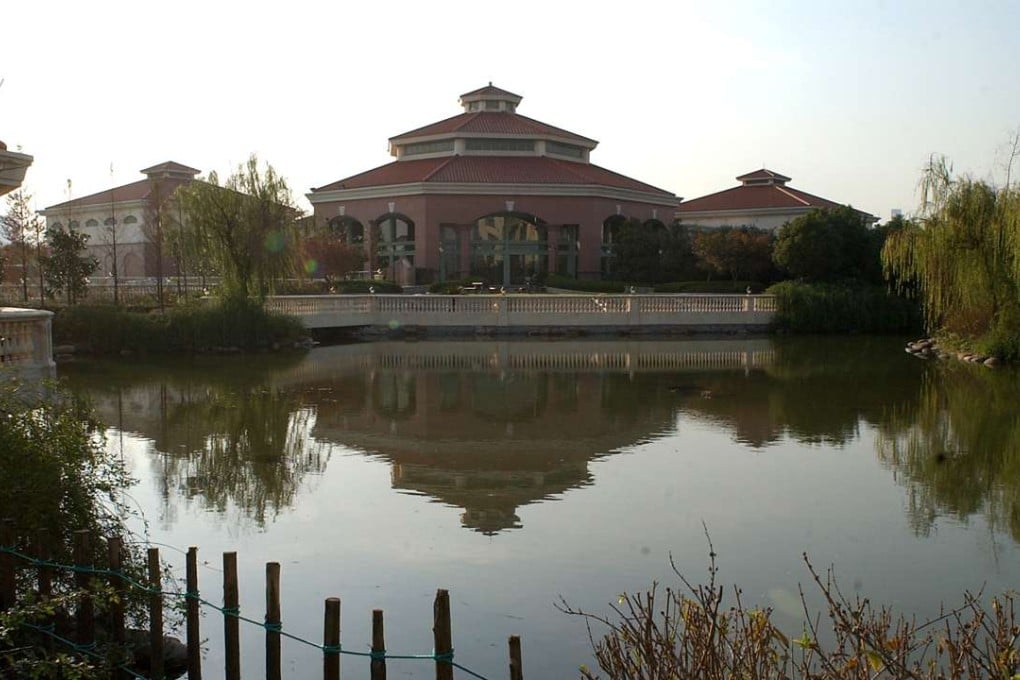China has highest international school tuition fees, while Hong Kong takes fifth place, survey shows
More expat parents considering homeschooling or local schools due to rising rates

The mainland charges the world’s most expensive international school tuition fees, while Hong Kong comes in fifth in the global ranking, according to a new survey.
The poll of 707 international schools across 98 countries conducted by ExpatFinder.com, a website offering information on living abroad, found that the median tuition for a sixth-grade student at an international school in China is US$36,400 a year.
That is followed by US$28,300 for Switzerland and US$27,800 for Belgium. Britain is in fourth place, charging US$25,270, followed by Hong Kong with US$23,360. Ranking below Hong Kong respectively are the United States, Singapore, Malaysia, Austria and Australia.
On average, tuition fees have has risen by 3.43 per cent this year from 2015.
“According to our survey findings, international school fees are steadily rising, particularly in markets that are popular destinations with expats,” the website’s chief executive, Sébastien Deschamps, said.
“The rising cost of international education, coupled with an ongoing trend of employers replacing traditional expat packages with local contracts, increases the financial burden on expats considerably.”